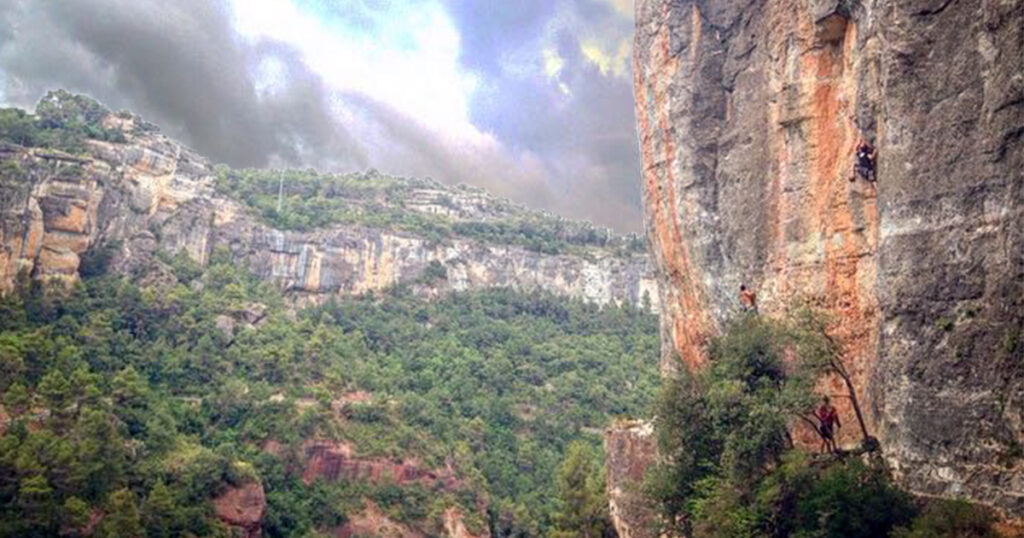KletterRetter Blog
Climbing nutrition
Nutrition is an important aspect of rock-climbing as it can greatly impact your performance, endurance, and recovery. Proper nutrition can provide the energy, hydration, and nutrients you need to perform at your best.
Before a climb, it is important to eat a meal that is high in carbohydrates to provide energy for the climb. Good options include whole wheat pasta, brown rice, and sweet potatoes. It is also important to include some protein in this meal, as it helps to repair and build muscle. Good sources of protein include lean meats, beans, and nuts. Additionally, it’s a good idea to eat a small amount of healthy fats, such as those found in avocado, olive oil, and nuts, to help slow the digestion of carbohydrates and provide sustained energy.
During a climb, it’s important to stay hydrated. Dehydration can lead to fatigue, muscle cramps, and impaired decision-making, all of which can be dangerous while climbing. Water is the best choice for hydration, and drinking small amounts regularly throughout the climb is best. Sports drinks can be beneficial as well, but they should be used in moderation as they can be high in sugar. It’s also good to eat small snacks during the climb to provide a steady stream of energy, such as dried fruit, nuts, or energy bars.
After a climb, it’s important to replenish glycogen stores in the muscles by eating carbohydrates within the first 30 minutes after finishing. It’s also important to eat a meal high in protein within 2 hours of finishing the climb to help repair and rebuild muscle tissue.
In addition, it’s important for climbers to listen to their own bodies and to experiment to find what works best for them. Everyone has different nutritional needs and preferences. It’s also important to talk to a doctor or a sports nutritionist if you have any specific concerns or medical conditions.
It’s also important that rock climbing often involves long periods of training and climbing, which may require more calorie intake. Since it’s a sport that also heavily relies on upper body, a diet rich in protein is important to support muscle recovery and gain. The important thing is to eat nutrient-dense, whole foods as much as possible, and to monitor your weight and energy levels to ensure that you’re getting the right amount of fuel to support your climbing activities.



